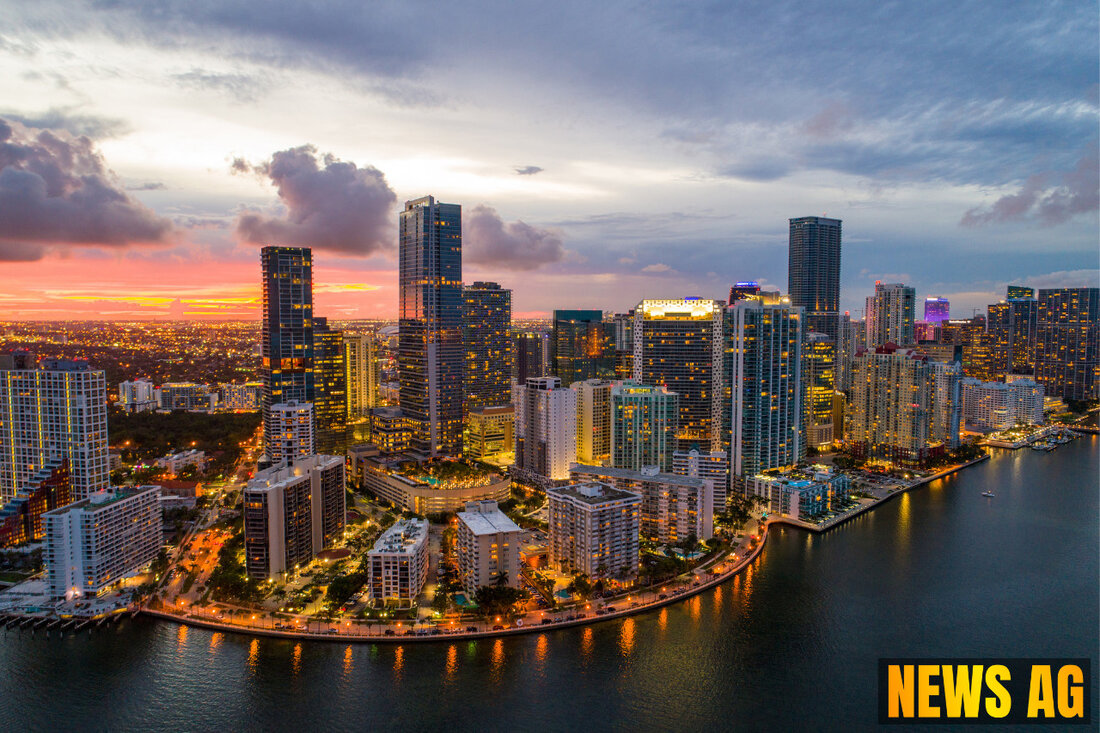Everglades Mangroves: Nature's Carbon Heroes Amid Rising Sea Levels!

Florida, USA - As the sun sets over the lush beauty of the Florida Everglades, it’s hard not to feel a sense of wonder at the unique ecosystems that thrive there. Yet, a closer look reveals a troubling truth: these vital mangrove systems are teetering on the brink. Recent research from the Yale School of Environment has unveiled the stark impact of climate change and rising water levels on the Everglades‘ mangroves, with findings that call for urgent attention and tailored management.
In 2021, a multidisciplinary team conducted an intriguing study showcasing that while some ecosystems are struggling to sequester carbon due to environmental changes, scrub mangroves are stepping up to the plate, potentially enhancing carbon uptake by as much as 12%—that’s 131 metric tons annually—as they expand inland. This improvement comes at a time when rising sea levels pose a serious threat of submersion and increased salinity in coastal areas.
The Three Ecosystems in Focus
Three ecosystems were under the microscope: marl prairie, ecotone, and scrub mangroves. The research revealed that scrub mangroves are quite the performers, effectively absorbing carbon even as water levels rise. In contrast, the marl prairie ecosystem is facing significant challenges, displaying the most considerable „climate debt“ due to its limited adaptability to higher water conditions. Meanwhile, the ecotone is also facing declines in carbon sequestration. This challenges the very perception of what successful restoration looks like in the Everglades.
The pressing findings were published in the Journal of Environmental Management, aiming to steer management practices for future conditions in the region, recognizing that future restoration efforts may require a shift to more saline ecosystems. It’s undoubtedly a complex scenario—there’s something to be said for the need to rethink our understanding of ecological progress.
Understanding Coastal Adaptation
But this isn’t just a localized issue. The U.S. Geological Survey highlights that coastal wetlands, including mangroves, typically adapt to rising sea levels through feedback mechanisms that help increase soil elevation. However, when the pace of sea-level rise outstrips the rate at which these wetlands can gain soil elevation, instability and loss follow, raising the stakes not just locally but on a global scale.
As sea levels continue their steady climb, we must grasp the nuances between regional and landscape variability in wetland soils. Ultimately, the health of these mangrove ecosystems determines not just their immediate surroundings, but the carbon capture capabilities crucial to combatting climate change.
The Broader Context
Now, let’s take this discussion a step further. A recent piece in Nature explores the global ramifications of tropical cyclone disturbance regimes on mangrove extents. An intriguing overlay is presented—with the IPCC providing a definition of risk as a combination of hazard, exposure, and vulnerability regarding mangroves facing the threat of tropical cyclone regimes. The study outlines a risk index based on various factors, pinpointing 40-56% of global mangrove areas in jeopardy from high to severe risk levels, particularly in Southeast Asia where flooding and cyclones are set to become more common.
Florida, despite its rich ecosystems, is not immune. While the threat may not be as widespread as in regions like Southeast Asia, the implications are undeniable. As we hone in on restoration strategies, we must draw lessons from these findings, ensuring we adapt with foresight and intention.
The resilience of the Everglades is at a crossroads. It presents an opportunity not just for survival, but for recovery and enhancement. The challenge lies in embracing thoughtful management practices and rethinking how we approach restoration in an age defined by climate change. What will it take to safeguard these precious ecosystems for future generations? The clock is ticking.
| Details | |
|---|---|
| Ort | Florida, USA |
| Quellen | |
